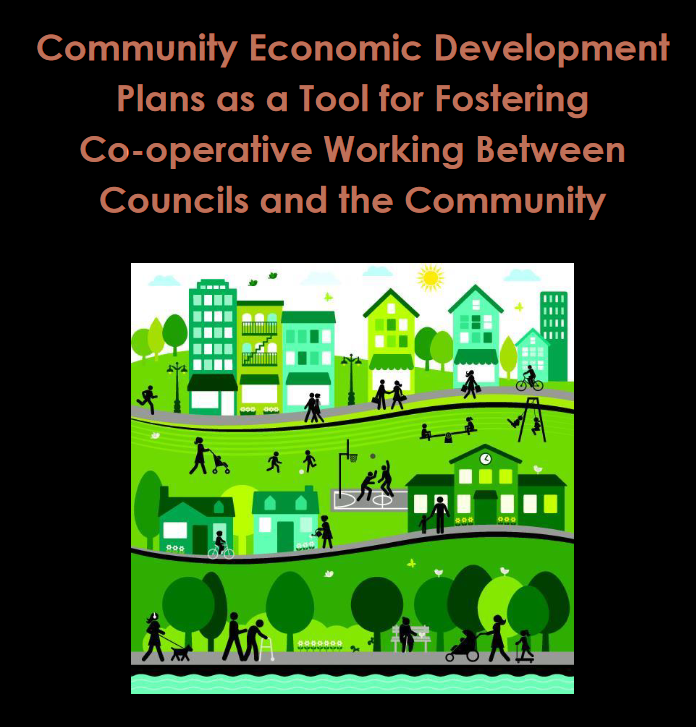Dr Riddell's Background
Kinship Collation
Between 2014 and 2019 Dr Riddell worked on the concept of Kinship Collation as a PhD thesis project. The bare bones idea being that the abiity to build vast networks of related and inter-related people who lived in the long nineteenth century means that connections and circumstances and choices of these past people can be collated to reveal complex choices kinship. These choices included building kinship, exploiting it, neglecting it, banking it for the future, and passing it onto others. Click PhD to access a copy of the final document.
Grampian, Aberdeenshire, Ellon
Since 2006 Dr Riddell has been assembling webs of relatedness that spin around the ancient village of Ellon which is within the Grampian area of northeastern Britain. These webs capture the local economic and political actors. They also provide the evidentiary background to influentinal poltical families in the US and Australia, members of Queen Victoria's household and the leaderships of churches that operated in the region. The webs of relatedness enable discussions about the economic role of women in farming society, the connectedness of migrants to a wider economy, the rise of a new group of democratic politicians and how society responded to a high incidience of illegitimate births through the nineteenth century.
Digital Genealogy
Dr Riddell's interest in concepts and theory of kinship as they played out in nineteenth century British societies was triggered by doinging genealogy in the digitised era. In turn an examination of kinship as something other than the biology of beign related to others, has caused him reflect on the products and outputs of digitised genealogy over the last three decades.
Dr Riddell wove these three topics into a single discourse presented to the joint CAMPOP - Local Populations Studies Society conference in November 2022.
Contemporary Community Development
Dr Riddell's has worked on a range of community development projects since the mid-1990s. These have including working with other LGBT+ people on building society and having influence. He has also benefited from working for a Black-led orgainsation in Birmingham in the late 1990s and with other disabled-people in the 2010s in Gloucestershire to examine the duality of disablism that expoits disabled people as a source of funding and prestige, while keeping disabled people marginal. Inbetween he has worked with faith based projects that engaged with local society in Wolverhampton.
Social power and marginal communities
Learning from contemporary settings informs how Dr Riddell examines past societies. Consequently, he considers the importance of people marginalised by power and discourses. Therefore, it is important to him to discern the agency and creativity of a range of people in the historical record as they attempt to resolve the joys and challenges of their life moments.
Talking Community
Dr Riddell has applied his record, in Gloucester working with community leaders in Matson, Robinswood and White city, and Podsmead wards to developed organisational skills and insights into local socio-economic community development. Please see above for an example.
The community economic development work within which Dr Riddell stimulated with the leaders of Matson, Robinswood and White City has been reviewed in a wider study, conducted by the Co-operative Council's Innovation Network, Co-operative Futures and Birmingham City Council as part of the CCIN Policy Lab.
